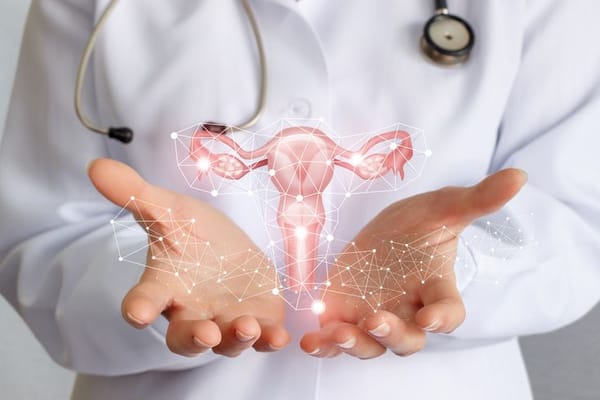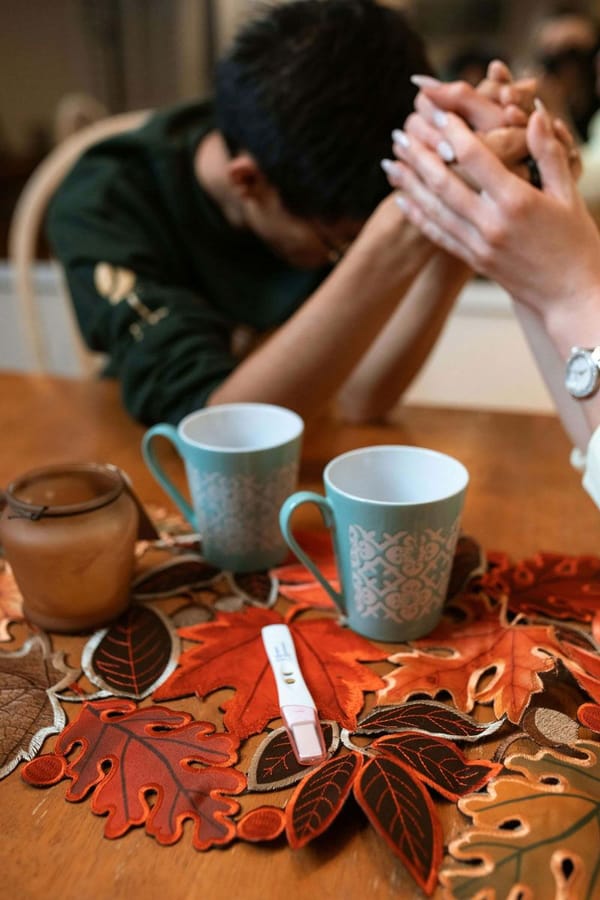We all know the emotional rollercoaster that can hit right before your period. But did you know ovulation, when you're most fertile, might also come with mood swings? Buckle up!
The Hormone Connection
Hormones, particularly progesterone and estrogen, dance delicately throughout our menstrual cycle. Estrogen increases during ovulation to cause the release of an egg. Serotonin and other brain chemicals related to mood may be impacted by this hormonal change.
So, How Do You Feel During Ovulation?
The research isn't entirely conclusive, but some studies suggest ovulation can bring on emotional changes. Here's what you might experience:
- Heightened emotions: You might feel more energetic, confident, and even flirty. It's your body's way of saying, "Hey, let's make a baby!"
- Sensitivity overload: Feeling more tearful, irritable, or anxious? This could also be due to hormonal fluctuations.
- Mood swings: Some women experience a mix of both positive and negative emotions during ovulation.
It's Not All Hormones Though
Your mood during ovulation may also be influenced by outside variables. Anxiety, sleep deprivation, and even caffeine use can affect your mood.
Are You Ovulating or Just Imagining It?
It can be tricky to pinpoint ovulation solely based on emotions. Here are some physical signs to watch for:
- Cervical mucus changes: Around ovulation, it becomes thin, clear, and stretchy.
- Basal Body Temperature (BBT) rise: Your temperature might show a slight increase.
- Ovulation pain: Some women experience mild pelvic twinges.
The Bottom Line
Feeling a bit emotional around ovulation is perfectly normal. But if the mood swings are severe or disrupting your daily life, talk to your doctor. They can help you identify any underlying issues and recommend coping mechanisms.
Remember: Every woman's body is unique. Tracking your cycle and paying attention to both physical and emotional changes can help you understand your personal ovulation experience.







